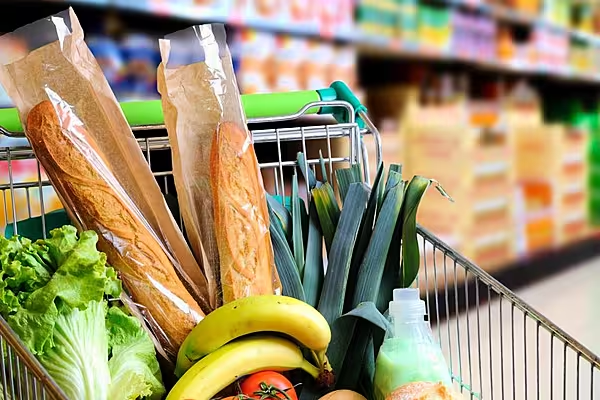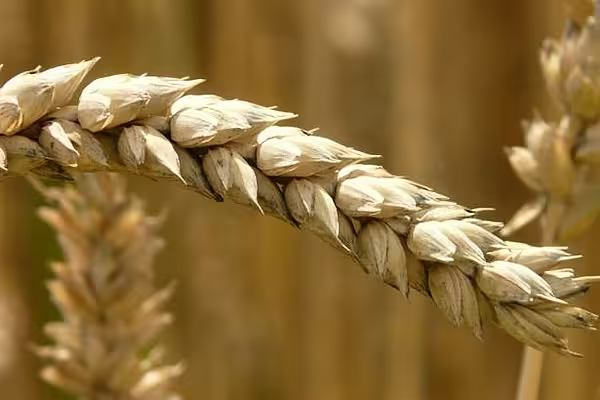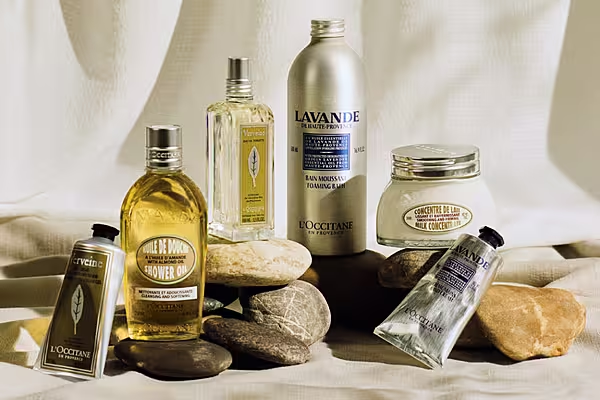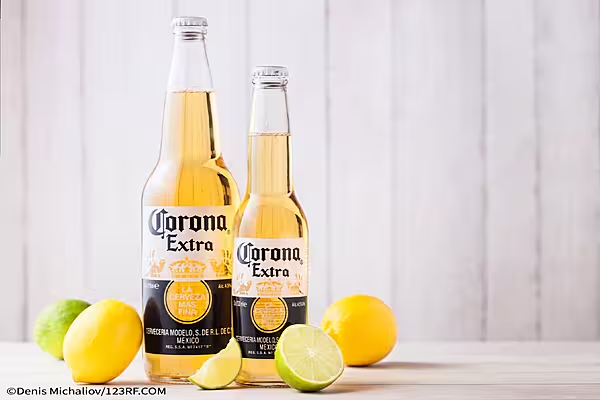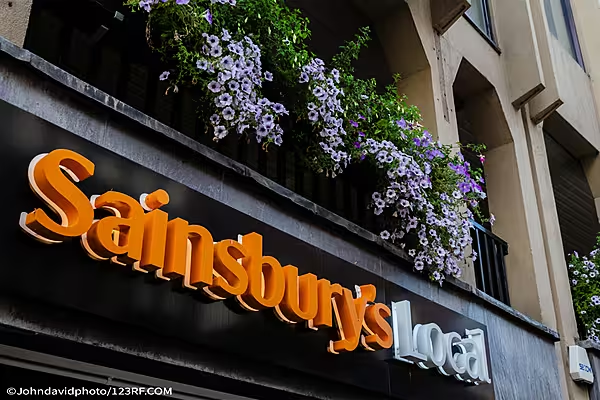Businessman Denis O’Brien has sold the BB’s Coffee & Muffins chain of cafes in Ireland and the UK in a deal reported by The Irish Times to be worth €10 million. The 50 cafe outlets were bought by a series of investors, one of which included Topaz chief executive Emmet O’Neill. A statement issued on behalf of the investors involved announced plans for an expansion of a further 40 outlets in Ireland and the UK.
South Dublin Chamber is planning a series of Retail Forums for retailers in the county to share knowledge with likeminded businesses in the area. The first such forum takes place today (18 March) in Bewley’s Newlands Cross, with further fora taking place in Knocklyon (19 March), South Dublin Chamber Offices, Taillaght (25 March), Citywest Hotel (31 March) and Lucan Spa Hotel (8 April). Visit www.sdchamber.ie for more.
European Union politicians have signed a new law that will permit the growth of genetically modified (GM) crops within the EU, after years of the practice being banned. Due to the fact that the growing of GM crops has EU member states divided (France opposes the practice, with the UK supportive of it), the new ruling will allow member states to ban the growing of GM crops even if they have been approved by the European Commission. It is thought that an insect-resistant maize known as 1507 will be one of the first new crops to arise from this change in legislation.
The Irish Independent has reported that over €150 million worth of retail property was sold in Cork last year; a sign that Ireland’s second biggest city is on the road to retail recovery. The news comes as preparations are being made for the sale of Wilton Shopping Centre, which speculators predict could fetch up to €75 million. John Cleary Developments is expected to start the planning application process to redevelop key shopping areas, while Primark has acquired a number of premises that could lead to a link up of Patrick Street, Cook Street and Oliver Plunket Street.
The pound reached a seven-year high against the euro last week. As the effects of quantitative easing were felt in the currency market, the pound reached €1.40 for the first time since the 2007 financial crisis. Similarly, the euro dropped to a 12 year low against the dollar, bringing the markets close to a $1 equals €1 situation. The currency market turnaround was most noted when it was bargain hunters from Northern Ireland coming south to shop for a change.
The family behind Tyrrell’s crisps is bringing a new potato product to the market: an artisan vodka. As family patriarch William Chase explained to UK paper The Independent that, “I thought if we could do the same story we did with Tyrrells, but with distilling – where we've actually got a farm and we're making it ourselves – people would buy into that.” The family has already made a beetroot-based vodka, but with production costs meaning they would have to charge £1,000 per bottle, the humble spud was a better source for their tipple.
The World Health Organisation says that it is up to food companies to reduce the marketing of sugary products and the availability of such products on market shelves. The WHO recently recommended that that people should get no more than 10% of their daily calories from simple sugars. The food industry has argued that obesity cannot be blamed entirely on sugar and that people need to find a balance between calories and activity. The International Diabetes Foundation has backed the WHO’s findings, with communication officer Gaël Bassetto citing the “growing body of evidence” linking high-sugar processed foods with obesity.
Over 97% of foods sampled by the European Food Safety Authority (EFSA) contain pesticides that are within the legal limits, with just under 55% having no detectable traces of these chemicals. The results account for almost 81,000 samples taken from 27 EU Member States along with Norway and Iceland. According to the European Crop Protection Association (ECPA), these figures signify that Europe’s food supply is among the safest in the world.
© 2015 - Checkout Magazine
{loadposition RI17032015}

